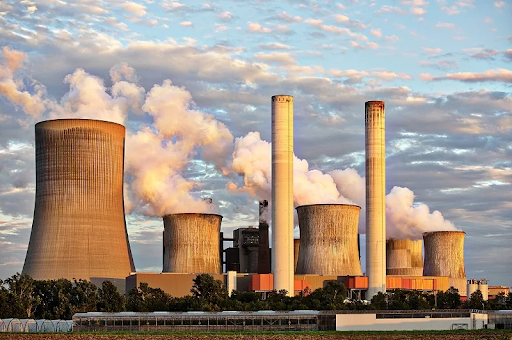The World Bank Group’s Board of Executive Directors have approved South Africa’s request for $497 million (about R9 billion) to decommission and repower the Komati coal-fired power plant using renewables and batteries.
On October 31, the last Komati unit was shut down at midday, heralding the beginning of what Eskom described as a repowering and repurposing of the site into a renewables, storage, manufacturing and training hub.
The company in charge of the power station, Eskom, said the concessional loan facility was approved after successful meetings over the past two months in Washington DC, USA, between the firm and World Bank executives.
According to Eskom, “The loan facility will cover three main components: decommissioning of the Komati power station, repurposing and repowering of the station and other elements of the just energy transition, including provision for the training of Eskom employees, community development and stakeholder initiatives.”
Read also: USA, Japan Partner With Ghana On Nuclear Energy
In a statement by the World Bank, the financing of the ‘Komati Just Energy Transition Project’ would be collaboratively achieved through a $439.5-million World Bank loan, a $47.5-million concessional loan from the Canadian Clean Energy and Forest Climate Facility, as well as a $10-million grant provided by the Energy Sector Management Assistance Program.
Repowering the plant would involve the installation of 220 MW of clean energy solutions, including 150 MW of solar photovoltaic and 70 MW of wind, supported by 150 MW of batteries.
The global body notated that this initiative also creates opportunities for affected workers and communities. This it said, would be made possible through Eskom’s establishment of a containerised micro-grid assembly factory at Komati, alongside the recent signing of a partnership agreement with the South African Renewable Energy Technology Centre of the Cape Peninsula University of Technology and the Global Energy Alliance for People and Planet to develop a Komati Training Facility.
World Bank’s Report on South Africa
The financing announcement follows closely on the World Bank’s ‘South Africa Country Climate and Development Report’.
The report projects that South Africa’s transition to net zero will require total incremental financing of R8.5-trillion by 2050 and that the funding gap could be closed only with the support of external resources.
The report also reiterated that renewable energy represented the quickest and cheapest pathway out of South Africa’s long-running electricity crisis and that two to three more jobs would be created by pursuing such a pathway when compared with the 300 000 jobs that are likely to be shed in high-emitting sectors.
However, the World Bank did alert of a timing and spatial mismatch in the labour market and indicated that government interventions would be required to assist vulnerable workers.
